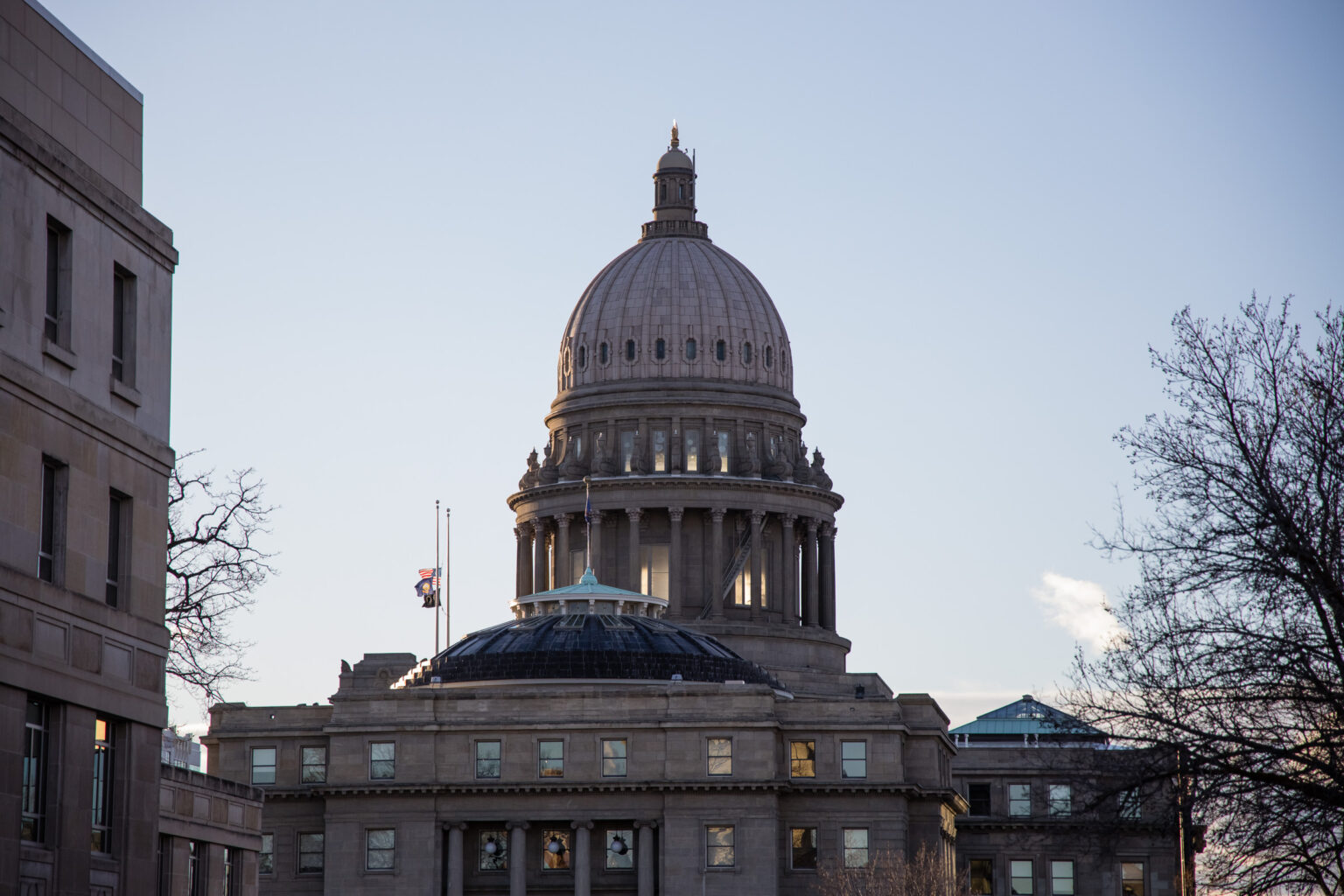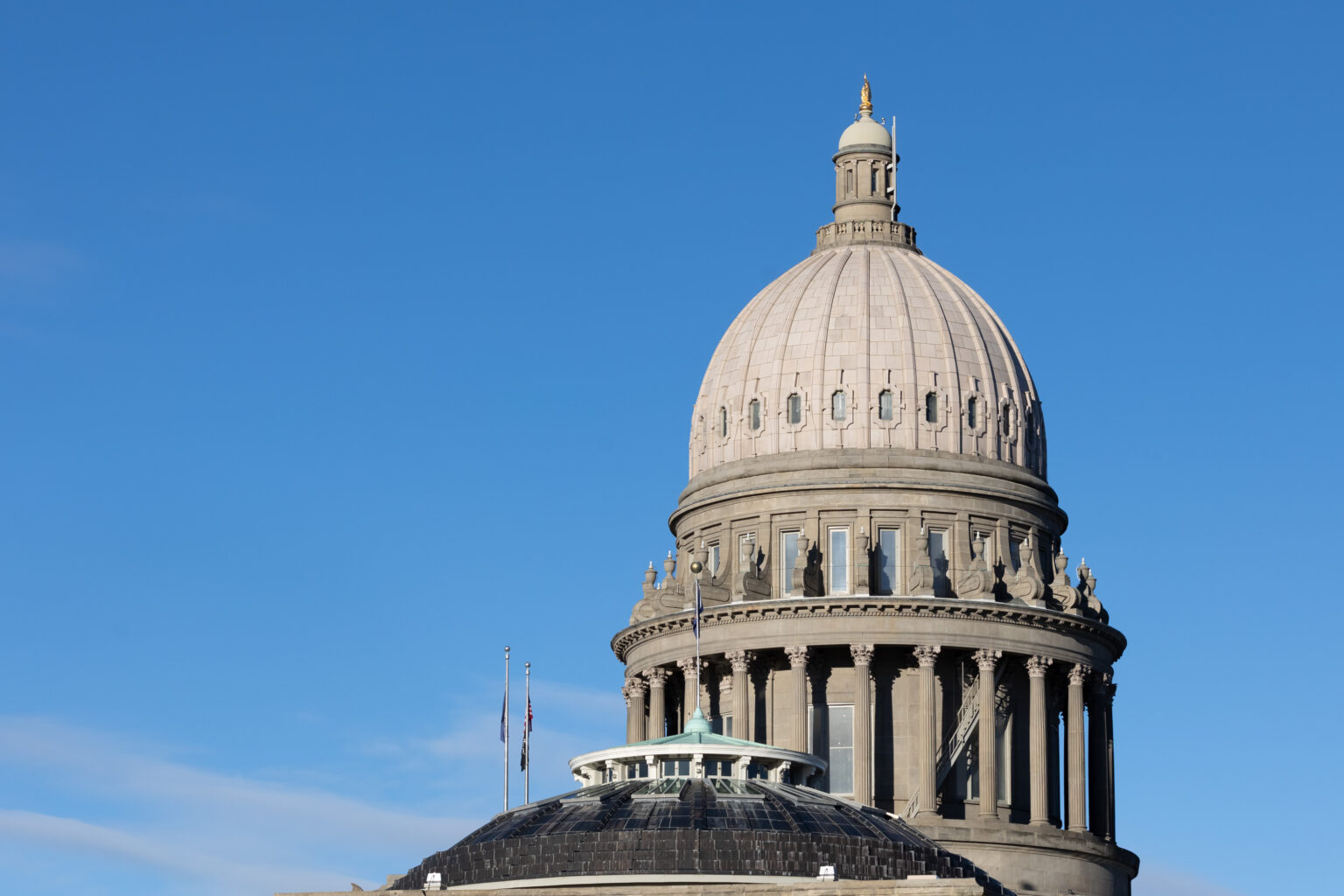Some recent studies have connected the growing sports gambling sector to lower consumer credit ratings, higher credit card debt, and less household savings, despite states applauding the new tax income.
Gamblers can wager more frequently and conveniently on their cellphones than in conventional casinos, which increases worries about problem gambling and the financial consequences for sports fans. According to the National Council on Problem Gambling, the prevalence of gambling issues among sports bettors is at least twice that of other gamblers.
Legal sports betting has never been more popular. It is now legal in 39 states and the District of Columbia after Missouri voters approved it in November, becoming the most recent to do so. The American Gaming Association reports that Americans wagered over $121 billion on sports last year. Even while betting profits are skyrocketing, the business is still in its infancy, having only begun to take off after a 2018 decision by the US Supreme Court allowed states to legalize sports betting.
Need to get in touch?
Have a news tip?
Although three publications published this year indicated bad financial outcomes for consumers in jurisdictions where sports gambling is permitted, researchers have not yet come to a consensus regarding possible damages.
Researchers from the University of California, Los Angeles and the University of Southern California found that having access to legal online sports betting decreased credit scores and increased bankruptcy rates in a working paper published in August. Over 4 million American consumers’ credit bureau data was analyzed in that investigation.
According to the report, our findings ultimately imply that legalizing gambling does have a negative impact on consumers’ financial well-being.
Although it did not evaluate any particular remedies, the study urged legislators to identify strategies for safeguarding citizens who might develop a gambling issue.
Policymakers and banking authorities should be ready for the possibility that the significant rise in sports betting may cause many consumers to experience longer-term financial stress if nothing is done.
According to a study conducted by a professor at Southern Methodist University and published in June, states that legalized online casino and sports gambling saw an increase in problem gambling.
Legalized sports betting depleted household budgets more than other forms of gambling and took funds away from investing and saving, according to a different working paper by academics at multiple U.S. colleges.
The study was conducted at a time when federal lawmakers are considering more stringent laws and some state politicians are pursuing greater limitations on sports gambling. Legislators in New Jersey introduced legislation last month to outlaw “prop bets,” or wagers on a specific player’s performance that might not have an impact on how a collegiate athlete performs in a game. It would join 13 other states that forbid those wagers if it were passed. A committee of the Assembly has advanced the legislation.
Democrats in Congress filed legislation in September that would authorize research on the effects of sports betting on public health and establish minimum national standards.The bill would, among other things, forbid sports book advertising during live sporting events, restrict gamblers from making more than five deposits in a 24-hour period, and outlaw artificial intelligence technologies that use data on individual gamblers to generate customized promos. However, it is unlikely to advance in the House, which is controlled by the GOP.
Connecticut Democratic U.S. Senator Richard Blumenthal called state regulation “half-baked and faint-hearted” during a press conference unveiling the measure. This is why we need a national standard—not to outlaw gambling, but to regain authority over an outlawed business.
OUR WORK IS MADE POSSIBLE BY YOU.
Gaming industry pushes back against regulation
Legal betting is one of the most regulated sectors in the nation, according to Joe Maloney, senior vice president of strategic communications at the American Gaming Association.
Legal sports betting, according to Maloney, has drawn many customers away from illegal betting markets, giving them greater transparency and funding for problem gambling programs, in addition to giving them new sources of income.
According to him, there is a predatory and even more widespread offshore, digital, illicit market that targets customers in every state that has not yet had a chance to establish a regulatory market.
Maloney cited established research that found no link between being close to a casino and experiencing financial difficulties. However, he admitted that it is yet unclear if sports betting has a different impact.
According to him, the scope of legalized gambling in the digital sphere and online is still relatively new, so I believe that topic needs more research.
Maloney, however, does not believe that sports gambling has a negative financial impact on households. He pointed out that Americans owned record amounts of mutual funds and 401(k) assets last year.
Maloney cited a different recent academic study that found the sharp growth in sports betting hasn’t resulted in a surge in negative mental health consequences or financial hardships. The study looked at self-reported financial and mental health data from around 2 million survey responses in several places where gambling is permitted.
Lead researcher Timothy Bersak, an associate professor of economics at Wofford College in South Carolina, found the findings somewhat unexpected. According to him, the results defy the widely held belief that sports betting causes harm to a large number of people.
According to our findings, there isn’t a sizable community of latent problem gamblers who would experience severe gambling issues if sports betting weren’t illegal, he added.
“There is a segment of the population that is probably worse off because of sports betting,” Bersak said, adding that his findings do not contradict other recent research. However, a significantly higher percentage of people stated that they are enjoying it and are not being harmed as of now.
“At this point, we really can’t have any sense of the long-term impacts,” he said. because it has only existed for a maximum of six years, at least in the United States.
Researchers find sports betting disproportionately hurts lower-income households
Justin Balthrop, a finance assistant professor at the University of Kansas, anticipated that when sports gambling became legal, it would replace other entertainment expenditures. For example, someone might decide to wager a few dollars on Sunday’s game rather than going out for a night.
However, legalizing betting caused households to spend more on leisure and betting while putting less money into savings and investment accounts, according to a report he co-wrote titled Gambling Away Stability.
Act as though the $100 is an admission charge, and perhaps you will be able to take some of it with you. However, you must acknowledge in your mind that the money is gone.
Justin Balthrop is a University of Kansas assistant professor of finance.
Between 2018 and 2023, the study looked at financial transaction data from over 230,000 families in 26 jurisdictions where sports betting was permitted. When accounting for the anticipated long-term gains of compound interest and rising stock prices, net investments in households that wagered fell by 14% following legalization.
In order to accomplish this, they are taking money away from what we would argue are more long-term, profitable uses of their funds, according to Balthrop.
Researchers discovered that because sports betting causes credit card debt and overdraft checking accounts, it disproportionately harms lower-income households.
According to Balthrop, legislators ought to do more to inform and enlighten consumers so they are aware of the full scope of the disadvantages.
Being a gambler himself, Balthrop advised that since most bettors lose, they should approach each wager with the mental and financial readiness to lose.
“I would say the same thing as someone who goes to a casino: Act like the $100 you’re bringing is an admission fee, and you might be able to take some of it with you,” he said. However, you must acknowledge in your mind that the money is gone.
Republican state senator Jason Barrett of West Virginia stated that he thinks the majority of those who have wagered since the state legalized sports betting in 2018 have done it for enjoyment rather than in hopes of winning money.
GET THE HEADLINES FOR THE MORNING.
According to my perspective, if someone chooses to wager $50 on the outcome of an NFL game rather than go to the movies, they should be allowed to do so, he said. Many others are doing this for a legitimate investment, but I’m not aware of that.
“Sports betting is still only a fraction of the overall spending on gambling in West Virginia,” said Barrett, treasurer of a national group of state lawmakers that works on gaming problems. According to the American Gaming Association, sports betting generated over $48 million in income in West Virginia last year, while the state’s total casino earnings came to almost $806 million.
While problem betting is always a concern, he said he s seen no evidence sports gambling has dramatically increased addiction.
He said, “I don’t think we’re going to create a bunch of gambling addicts all of a sudden because we’ve offered one new product through sports betting,” or that people have this delusion that they’re going to beat the book on a regular basis and that this will somehow replace their retirement.
The American Gaming Association reported that commercial gambling revenues hit a record$66.66 billion last yeara 10.3% increase over 2022.
While casino revenues continue to rise, sports gaming revenues are exploding: Last year, when sports betting became available in five new states, the group reported a total of $11 billion in sports betting revenue a 46% increase from the previous year. That figure does not include sportsbooks operating at tribal casinos.
Those figures will likely continue to rise as more states approve sports betting.
Missouri regulators are crafting rules and a licensing framework for sports betting following thenarrow approvalof the ballot initiative last month.
Jan Zimmerman, chair of the Missouri Gaming Commission, said the state hopes to launch sports betting by summer. While the agency has heard concerns from state residents about increased problem gambling associated with sports betting, Zimmerman said regulators in other states have not reported a significant uptick.
As it does with casinos, the gaming commission will funnel a portion of sports betting revenues to mental health work to address problem gambling. But because the initiative was passed asan amendment to the state constitution,the gaming commission has limited latitude to create new regulations or safeguards on sports betting.
The constitutional language is that which was created by that initiative petition, she said. So, there s no going back and maybe molding that to work better to fit our needs.
Stateline,like the Idaho Capital Sun, is part of States Newsroom, a nonprofit news network supported by grants and a coalition of donors as a 501c(3) public charity. Stateline maintains editorial independence. Contact Editor Scott S. Greenberger for questions:[email protected]. Follow Stateline onFacebookandX.
Note: Every piece of content is rigorously reviewed by our team of experienced writers and editors to ensure its accuracy. Our writers use credible sources and adhere to strict fact-checking protocols to verify all claims and data before publication. If an error is identified, we promptly correct it and strive for transparency in all updates, feel free to reach out to us via email. We appreciate your trust and support!


